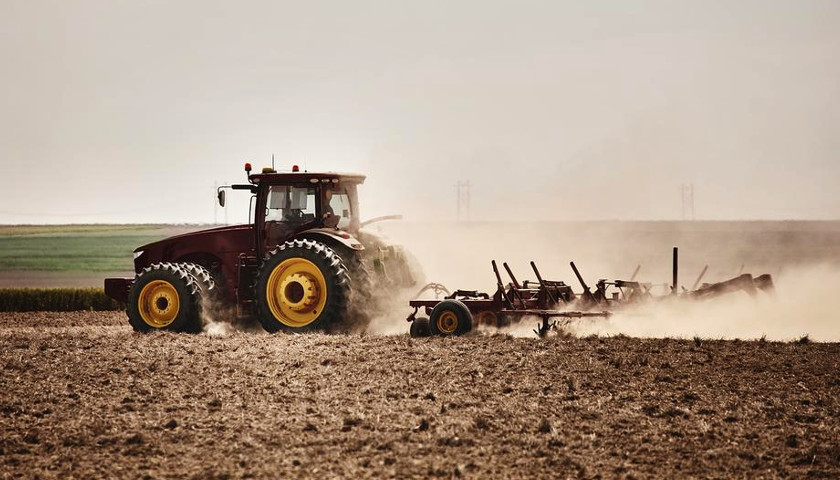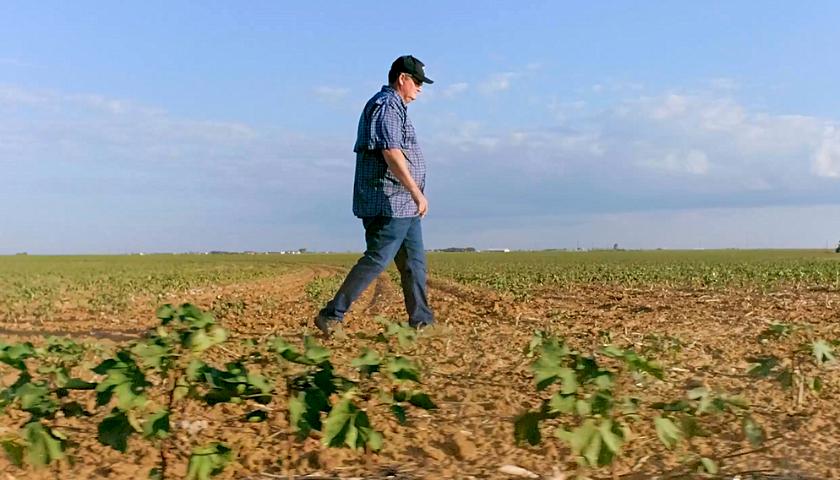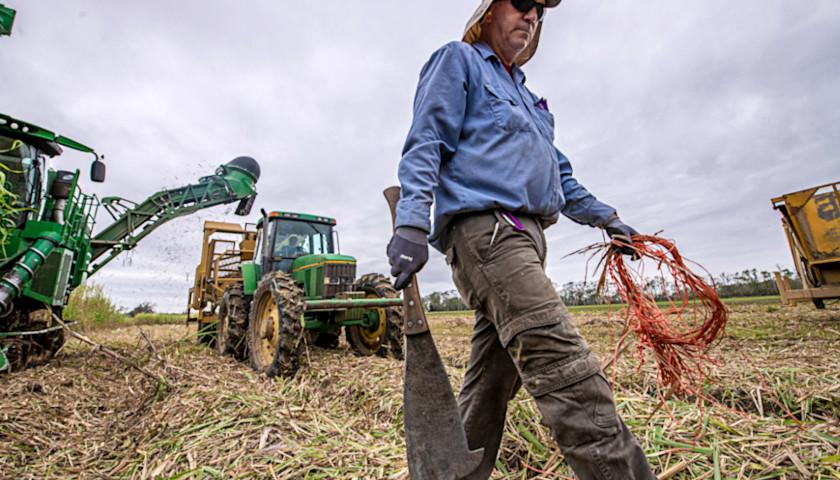by Scott McClallen
Spiking fertilizer prices spiking over the last two years is contributing to current rising food inflation, says Theresa Sisung, an industry relations specialist for the Michigan Farm Bureau.
Record 40-year-high inflation is biting into Michiganders’ budgets from more expensive cars, higher energy costs, and higher prices at the grocery store, and it’s no different for farmers who tend roughly 47,600 farms in the Wolverine state that house nearly 10 million acres of farmland.
Between January 2021 and April 2022, fertilizer prices are up anywhere from 120% to over 200%, Sisung said. Fertilizer prices in January 2021 were already higher than in 2020.
Fertilizers are crop nutrients placed in soil to grow crops faster, reduce disease, and better handle inclement weather such as drought. Without fertilizer, crop yield can drop drastically and crops can deplete soil nutrients.
“They’re like a multivitamin that we would take,” Sisung said.
The primary fertilizer nutrients are nitrogen, phosphorus, and potash, mixed or isolated depending on soil needs. For example, potash can be applied alone to boost soil potassium levels.
The United States produces a majority of phosphorus (imports 9%), and much nitrogen, (imports 12%). However, the United States imports 93% of potash mainly from Canada (80%) but also from Russia (6%) and Belarus (6%), Sisung said.
A $4.8 billion spending bill recently signed into law allocates $50 million to mine potash in Northwest Michigan.
The COVID-19 pandemic, inflation, and supply chain issues have hit Michigan farmers hard.
“The factors that are impacting fertilizer prices are part of what is impacting all of our prices: inflation, obviously, is playing a huge role; labor supply; labor costs; and energy costs,” Sisung said in a phone interview with The Center Square.
Global conflict in Ukraine and Russia have complicated international trade, also hiking prices.
“It’s not just consumers being impacted by all these price increases,” Sisung said. “It’s impacting the entire supply chain; everything we purchase is being impacted by so many of these factors.”
Sisung said some farmers are concerned about not being able to get fertilizer because of transportation and availability struggles.
“They may have to change some of the fertilizer recommendations, some of the rates they use because they can’t afford the product or can’t get it,” Sisung said.
Sisung said increased fertilizer demand, lingering logistical problems, and supply-side challenges will likely push fertilizer prices higher – bad news for agriculture-dominant Michigan that’s food, agriculture, and forest exports grew 19% year-over-year in 2021 to eclipse $2.5 billion.
“There’s not really anything that would start to push fertilizer prices down, unfortunately, any time soon,” Sisung said.
– – –
Scott McClallen is a staff writer covering Michigan and Minnesota for The Center Square. A graduate of Hillsdale College, his work has appeared on Forbes.com and FEE.org.





